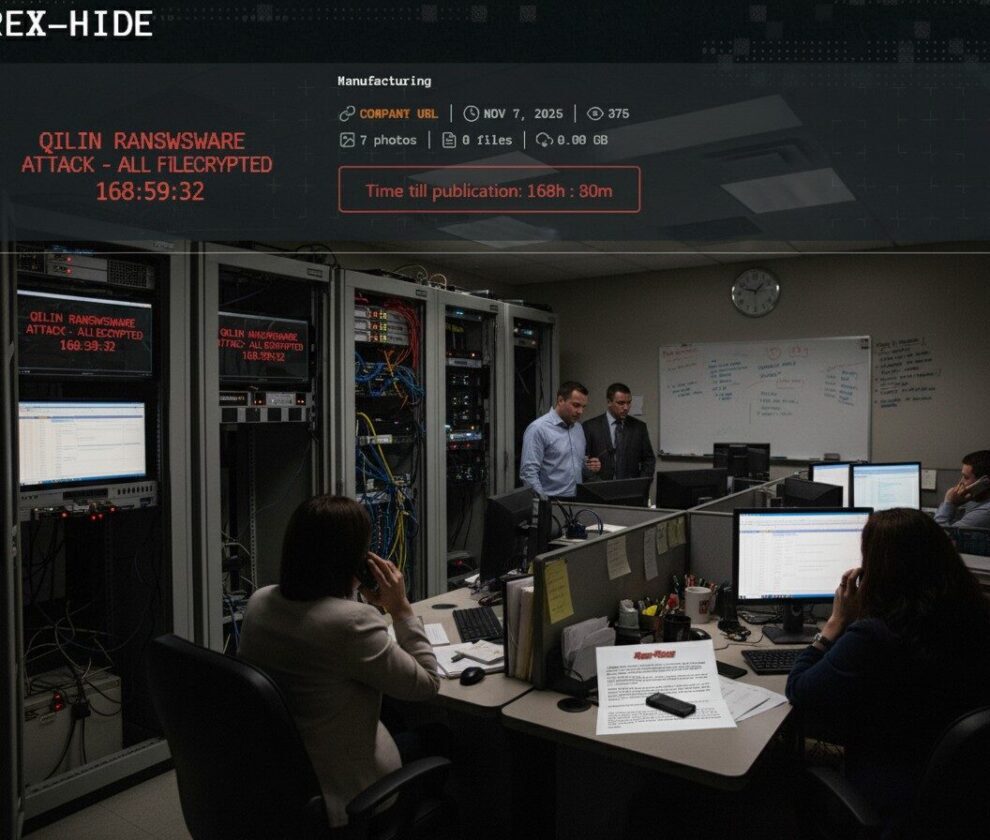Protect Your Data: Essential Guide
In today’s increasingly digital world, safeguarding your personal data has become more vital than ever. With the rise in data breaches and misuse of personal information, understanding how to protect your data is no longer optional—it’s a necessity. This comprehensive guide will explore actionable steps to secure your information while adhering to key regulations like GDPR.
Why Data Security Matters
Protecting personal data is more than just a technical task; it is essential to prevent identity theft, fraud, and misuse of sensitive information. For businesses, inadequate protection mechanisms can lead to significant penalties and damage to their reputation. The General Data Protection Regulation (GDPR), one of the most stringent data protection laws globally, sets explicit directives that organizations must follow to ensure data security.
What Are Sensitive Data?
Sensitive data include information that, if mishandled, could lead to serious consequences. Examples are your social security number, banking details, personal or business email addresses, and biometric data. Implementing stringent security measures is essential to protect this information from unauthorized access.
Top Strategies for Data Protection
1. Use Strong and Unique Passwords
Avoid using easy-to-guess passwords like “123456” or “password.” Opt for longer combinations of letters, numbers, and special characters.
2. Enable Two-Factor Authentication (2FA)
Two-factor authentication provides an additional layer of security, making it harder for malicious actors to access your accounts.
3. Update Software Regularly
Maintaining up-to-date software and operating systems is critical for closing vulnerabilities exploited by hackers.
4. Avoid Public Wi-Fi for Sensitive Activities
Public Wi-Fi networks are often unsecured, making it easier for attackers to intercept your data.
5. Recognize Phishing Attempts
Learn to spot fraudulent emails or websites that attempt to steal your credentials. Always verify the sender and URL before clicking on links.
Data Security Solutions for Businesses
Businesses have a responsibility to uphold high standards of data protection. This involves:
- Conducting regular security audits to identify vulnerabilities.
- Training employees about the importance of data security and compliance with regulations.
- Implementing advanced tools such as firewalls and antivirus software for network protection.
- Following internationally recognized standards like ISO 27001 to enhance security frameworks.
By fostering a proactive security culture, companies can minimize the risk of breaches and ensure customer trust.
Building Awareness and Education
Data security is not just a concern for IT professionals; it’s everyone’s responsibility. Individuals should be educated on common cybersecurity threats and adopt safe online practices. From creating robust passwords to identifying phishing emails, awareness can significantly reduce risks.
Conclusion
Securing your data in this connected world is non-negotiable. Whether you’re an individual or a business, the risks tied to cybersecurity breaches are significant. By implementing the strategies outlined in this guide, you can take meaningful steps toward protecting your personal and professional information. At My Own Detective, we specialize in helping individuals and businesses safeguard their data. Contact us today to learn more about our tailored cybersecurity solutions and services.


